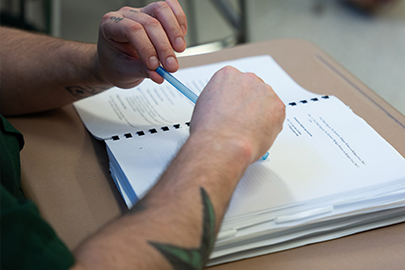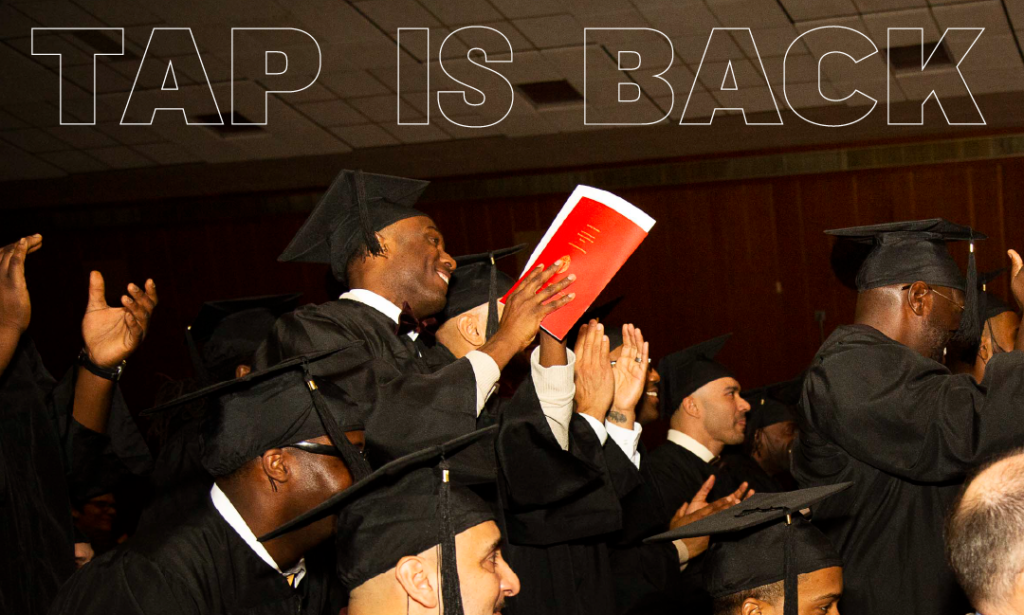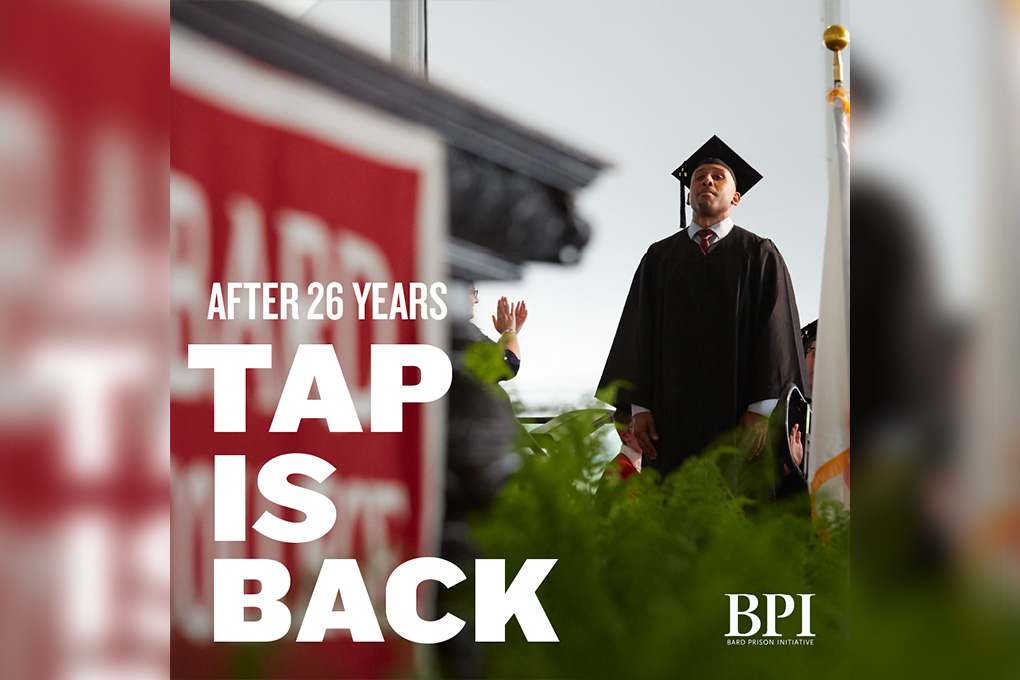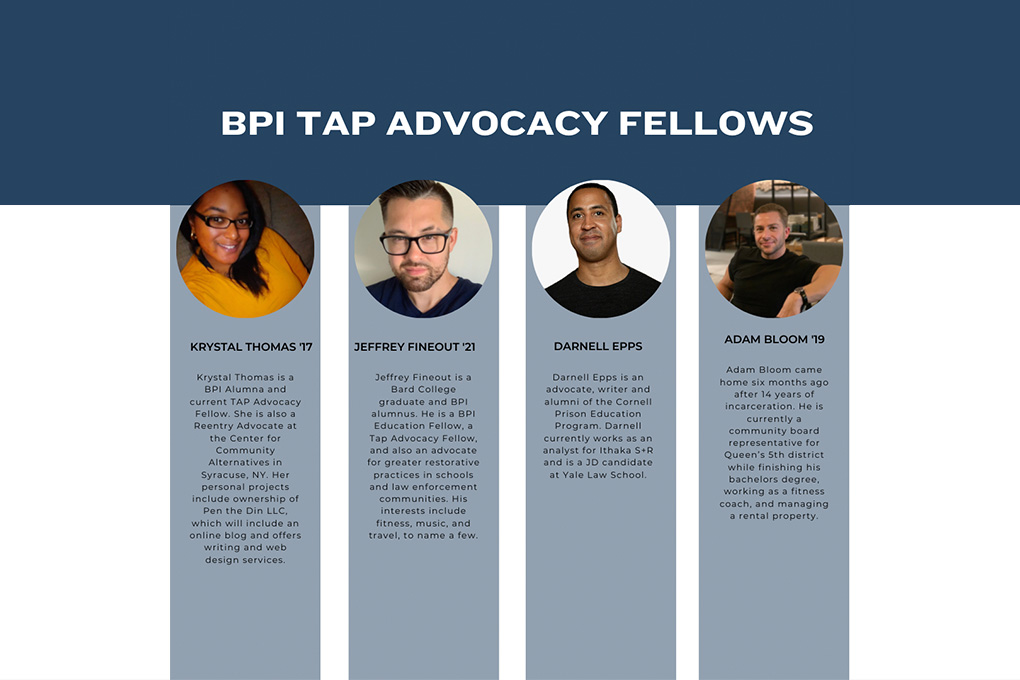US Secretary of Education Arne Duncan and US Attorney General Loretta Lynch are expected to make a momentous announcement on Friday on the experimental reopening of Pell grant eligibility for some people in custody in federal correctional facilities.
Federal Pell grants provide money for college that, unlike loans, does not need to be repaid. Pell eligibility for prisoners was closed down in 1994, when then-President Bill Clinton signed what was arguably the toughest crime bill in the history of the United States. Soon thereafter, most college-in-prison programs closed their doors as well.
The few that remained in operation during the intervening 21 years were able to do so only through their continuous efforts to raise funds from generous private donors and a handful of philanthropic foundations.
After I left Harvard in 2007, where I had been a faculty member and dean of the Graduate School of Education, I became deeply involved in the prison program at Bard College, New York.



